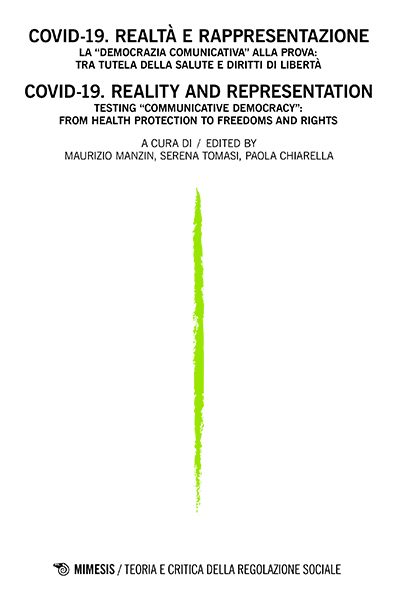Abstract
The pandemic emergency has brought out the strong tendency in Switzerland to govern behaviours by means of recommendations, accompanied by visual elements. In this way, constitutionalists see liberal regulatory requirements respected, being able to regulate society without violating the principle of proportionality. Following the innovations of social marketing and neuromarketing, the state thus seeks to anticipate citizens’ feedbacks, questioning their subjectivity and restructuring the logic of consent. If citizens do not conform to the state’s indirect commands, their indiscipline is used as a pretext for the imposition of coercive emergency regulations. In this way the state reinforces its authority and simultaneously denies its responsibility for governmental action. Faced with these structural changes in the understanding of the liberal state, law faculties must respond by opening up to an interdisciplinary approach, in particular by establishing chairs of legal design.

